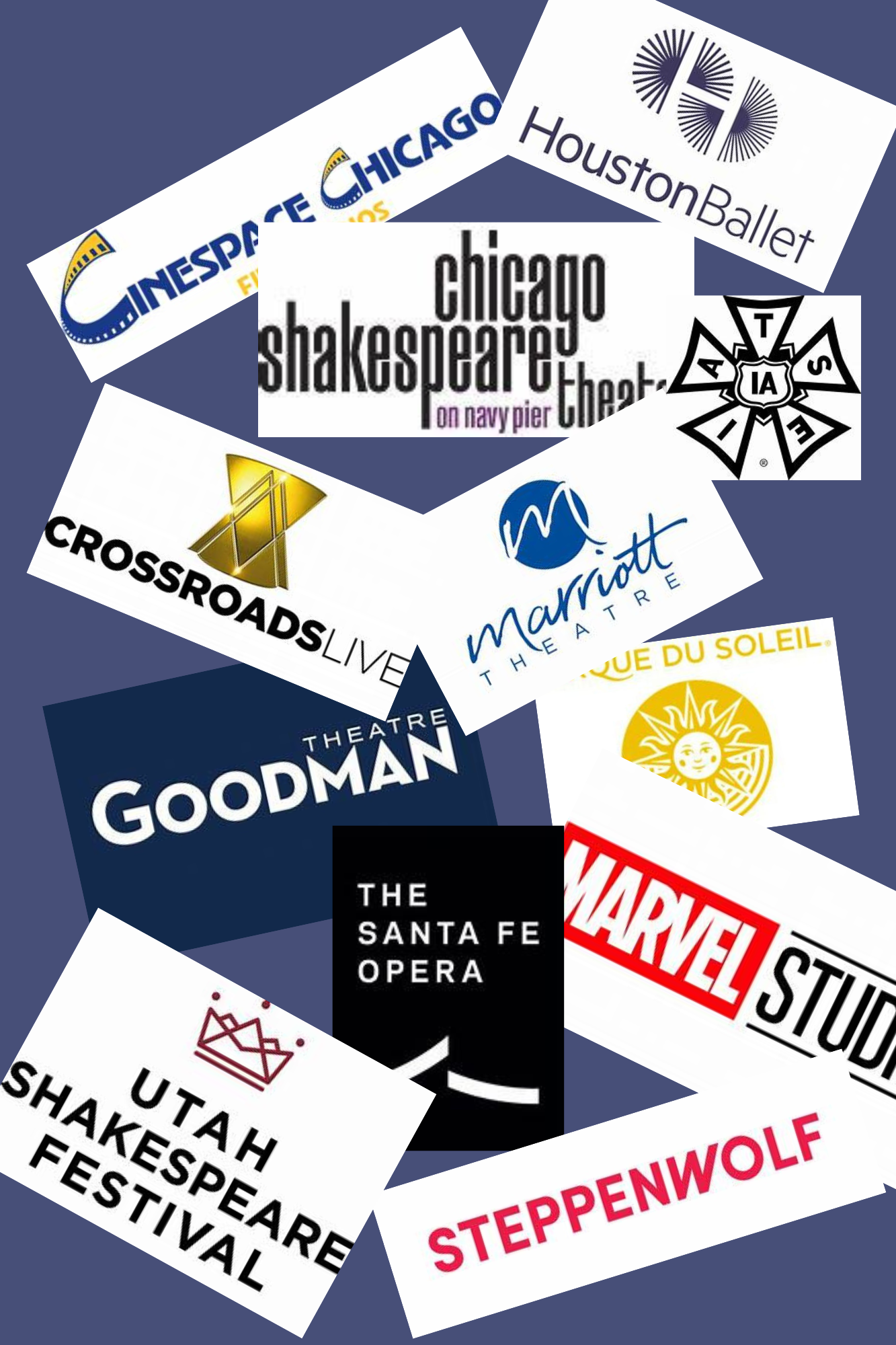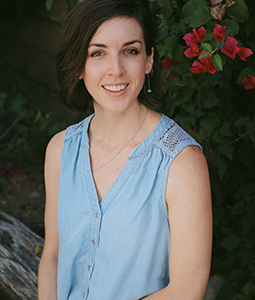/conservatory/undergraduate/costume-technology/PublishingImages/Costume Shop.jpg
RandomStandardImageHeaderWH1
The Theatre School’s Bachelor of Fine Arts (BFA) degree in Costume Technology is designed to prepare students for success in a variety of roles in traditional fields as well as emerging areas of the costume industry.
In addition to the comprehensive four-year course sequence, students gain practical production experience as stitchers, first hands, drapers, craftspeople, wardrobe, and shop assistants during our production season. Costume Technology students learn to collaborate, interpret, pattern, and craft costume designs into garments and accessories that support both the actor and the creative needs of the production. Our curriculum and training is collaborative, human-focused, equity-minded, and sustainably driven. Students are also encouraged to complete at least one internship during their time in the program and participate in the Michael Merritt Award Portfolio Showcase during their final year.
Our recent alumni have earned positions with esteemed organizations such as Chicago Shakespeare Theater (staff first hand), Houston Ballet (staff stitcher), Steppenwolf Theatre (staff craftsperson), and London’s Savile Row (tailoring apprenticeship) and more. See below for more examples of where our graduates are employed.

BFA Costume Technology Curriculum
The first-year curriculum is intended to serve as an introduction to costume technology as well as the foundations of theatrical design.
-Costume Construction: Two foundational costume construction courses as well as Painting and Dyeing and Costume Skills Workshop Pulling & Alterations
-Design & Art: Elements of Design and Principles of Design (2 course series) and Figure Drawing
-History: History of Dramatic Literature (3 quarter series)
-Production Crew: 3 quarters. Generally, one quarter in the costume shop as a stitcher and two quarters on a backstage production crew (one in wardrobe, one of the student’s choosing) during technical rehearsals and performances.
During the second year, students build on their foundational costume construction and design skills and gain valuable experience with hands-on costume production work.
-Costume Construction: 3 courses- Flat Patterning, Draping, and Costume Crafts
-Design: 2 course series of Costume Design and 2 course series of Wig and Makeup Design & Tech
-History: Global History of Costume, Hair, and Makeup (2 quarter series)
-Production Practice: 3 quarters as a stitcher in the costume shop
Our third-year students continue to develop their understanding of costume construction and techniques as well as practice leadership, project management, collaboration, and time management through their production assignments.
-Costume Construction: 3 courses- Period Costume, 20th Century Tailoring, and Special Topics (topics in all three alternate every other year)
-Additional: Millinery, Textiles, Costume Shop Management, and additional electives as desired
-Production Practice: 3 quarters as a firsthand in the costume shop
Fourth-year students continue to refine their costume construction skills as they take on solo leadership roles in their production work and prepare for graduation.
-Costume Construction: 3 courses- Period Costume, 20th Century Tailoring, and Special Topics (topics in all three alternate every other year)
-Additional: Portfolio Prep and additional electives as desired
-Production Practice: 3 quarters as a senior firsthand, draper, or craftsperson in the costume shop or professional internship
Liberal StudiesIn addition to the major's requirements, students complete 52 quarterly credit hours (13 courses) in the university’s Liberal Studies Program. Courses are taken in theatre history, writing, quantitative reasoning and technological literacy, philosophical inquiry, religious dimensions, scientific inquiry, understanding the past, multiculturalism in the United States, and electives. These liberal studies courses are scheduled during the first three years of the program.
Featured Faculty and Staff
 Maggie Hofmann | Head of Costume Technology
Maggie Hofmann | Head of Costume Technology - Staff Draper
Randy Handley - Costume and Wig/Makeup Shop Supervisor/Painting & Dyeing
Students learn from a community of distinguished award-winning faculty and staff of professional designers and artists both in the classroom and through individual guidance and advising during production work. Students receive formal and informal feedback from faculty, staff, and guests through portfolio presentations and exhibitions of their work at various points.
Our bright, spacious and airy costume shop features professional tools and equipment such as industrial sewing machines, sergers, and irons as well as a well-equipped craft and dye shop.
Get more information
Complete the form below to receive more information about this degree program.
If the form fails to load or displays incorrectly,
please fill out an
alternate form.